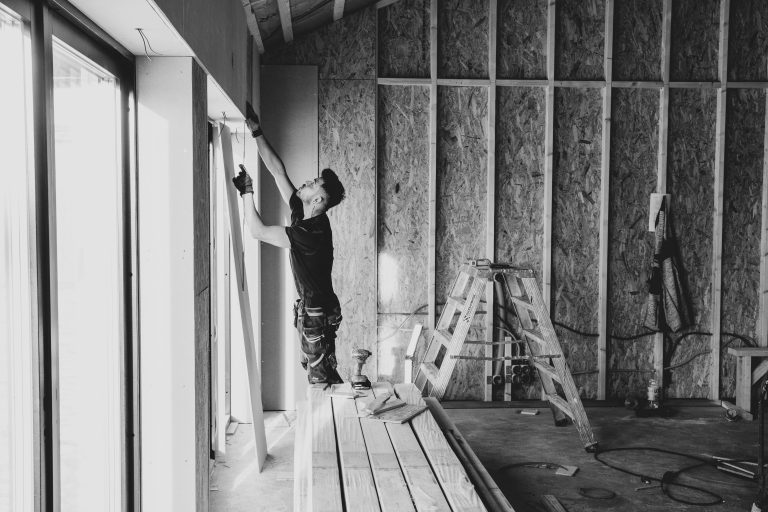Should Parents Buy A Home For A College Student
Parents ask me this every fall. Rent looks pricey. The thought of building equity sounds smart. Over two decades near several universities, I have helped many families explore the path of buying a house for their college student and I have seen what actually works in real life.
The Real Appeal
Buying near campus can look attractive. Your student has predictable housing. Roommates can help cover expenses. If the market cooperates you might capture appreciation.
That said, the math and the management have to make sense. A purchase that only spans the college years often disappoints because of wear and tear, vacancy, and quick resale costs.
What I See Most Often
- The Accidental Landlord Problem
Parents buy a 3 or 4 bedroom home and expect roommates to help with the payment. Your student is suddenly screening tenants, writing leases, chasing rent, and refereeing friend drama. That is a tough role for a young adult and it strains friendships. Parents then end up running the mini business from afar. - Deferred Maintenance
A typical college student is not keen on gutter cleaning, filter changes, lawn care, or calling a licensed pro at the first sign of a leak. After 3 or 4 years I often find a long punch list and a larger than expected make ready bill before resale. - The Short Timeline Trap
Buying only to sell the moment your college student graduates can erase much of the benefit. Closing costs in and out, plus repair costs, often outweigh any appreciation during such a short hold.
When Buying Can Work
Buying can be smart when you treat it like an investment that lasts beyond graduation.
- Plan to hold at least 7 to 10 years
- Hire a property manager to place tenants, collect rent, handle maintenance, and run inspections
- Budget for professional turnover cleaning and paint after each school year
- Choose a layout that rents easily to non students so your tenant pool is not only a typical college student
Typical property management runs about 8% to 12% of collected rent. Build that into your numbers from day one.
Run The Numbers First
Use a simple return on investment check before you fall in love with a porch and a tree swing.
Annual Net Income = Rent collected for the year minus mortgage interest and principal paid that year minus taxes minus insurance minus management minus average maintenance and vacancy
Cash Invested = Down payment plus closing costs plus initial repairs and furniture
Simple ROI = Annual Net Income divided by Cash Invested
Now compare that ROI to what your money could earn elsewhere, such as a broad stock index. This is not perfect but it forces a clear, apples to apples conversation.
Also stress test the deal. What happens if rent drops 10%, expenses rise 10%, or you have two months vacant between school years. If the numbers only work with perfect conditions, it is not strong enough.
Lending, Title, And Tax Points To Know
When a parent buys housing for a college student, a few nuts and bolts really matter. First, how you plan to use the home affects the loan. Lenders may treat it as a second home in some cases or as an investment in others, and each path changes the required down payment, cash reserves, and interest rate, so ask a local lender to lay out the differences. Next, be deliberate about title and signatures. Decide who will actually own the property and who will be responsible on the note, and review liability and basic estate planning with an attorney. Finally, understand the tax picture. Some costs may be deductible and the property may be eligible for depreciation, which can improve after tax returns, but those benefits require careful record keeping and can trigger depreciation recapture later. A tax professional can model these tradeoffs before you commit.
Location Questions That Matter Near Campus
When you buy near a campus, dig into local rules and risks before you commit. Check how many unrelated people can legally live in one home, since many college towns cap the number of roommates. Look at parking limits and permit zones to be sure your tenants can actually park. Review noise and party ordinances, including any fines that landlords can receive for violations. Ask whether short term rentals are restricted, which could affect off season plans. Finally, assess flood, fire, or wind exposure because those hazards can push insurance costs much higher.
A Practical Path If You Do Buy
If you do decide to buy, choose a sturdy place near dependable transit rather than the closest party street, put your student on a formal lease and use written leases with every roommate, collect a real security deposit and enforce late fees and repair responsibilities like any business, schedule professional cleanings along with seasonal maintenance and plan on two inspections a year, and keep an emergency reserve that covers at least 6 months of the total housing cost so surprises do not turn into crises.
My Bottom Line
More than half of the parent purchases I have seen over the years ended with the same conclusion. It sounded great at first. It was more work than expected. The financial outcome was only fair when the hold period was short. When families plan to keep the property beyond graduation and treat it like a true investment with professional management, the results improve dramatically.
If you want a second set of eyes on your numbers or you need a local expert near a specific campus, I am happy to help you think it through and connect you with a vetted real estate agent in your student’s market.







